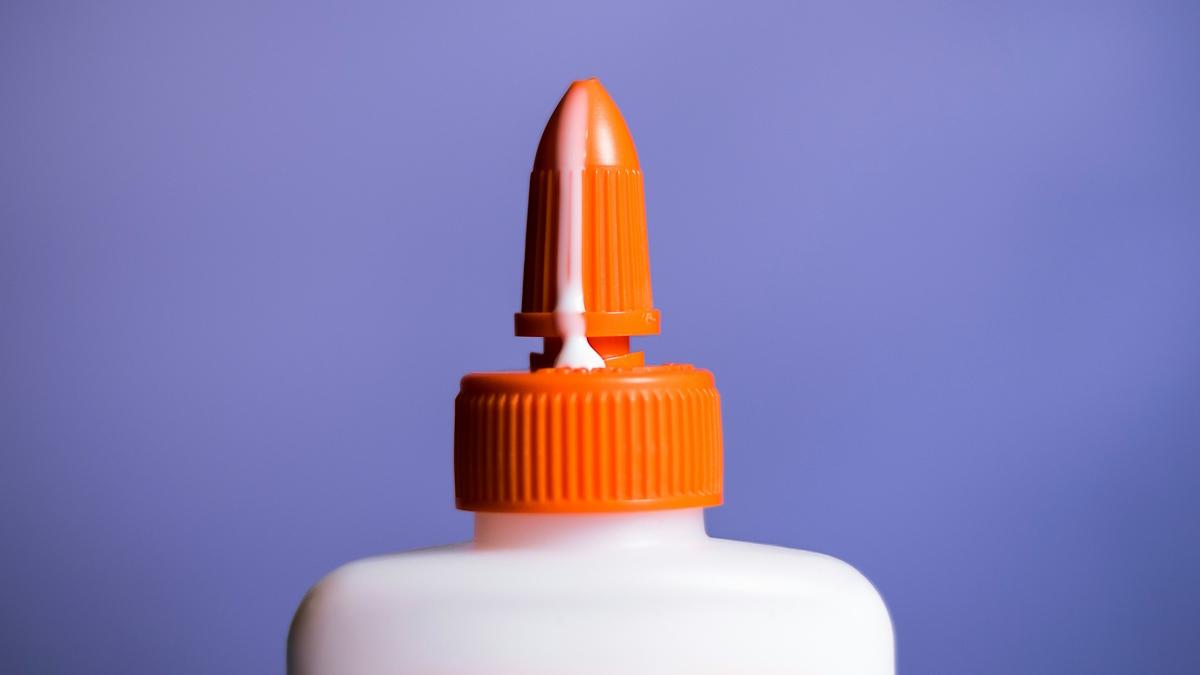Pfizer sticks $1.5bn on Triana's molecular glue tech

Big pharma's interest in using protein degradation as a therapeutic strategy continues with a wide-ranging deal between Pfizer and US biotech Triana Biomedicines that could be worth $1.5 billion or more.
The deal – which includes an upfront payment of $49 million – will see the two companies collaborate on the discovery of molecular glue degraders "for multiple targets in several disease areas, including oncology," according to a joint statement.
Molecular glue degraders are drugs that encourage two proteins that would not normally interact to stick together. Usually, the aim is to join disease-associated proteins with cellular components that cause them to be broken down and recycled. A key characteristic is that they can target previously "undruggable" proteins that lack suitable binding pockets required for conventional drug activity.
Triana's "target-first and proximity-first" platform involves pairing disease-associated proteins with E3 ubiquitin ligases, labelling them for elimination by the cell's ubiquitin/proteasome system (UPS).
According to the Lexington, Massachusetts-based biotech, its engine generates small molecules that can promote the formation of a complex between two proteins even with low binding affinity of the molecular glue to either protein partner.
Under the terms of the deal, Triana will lead the discovery and identification of potential development candidates, while Pfizer has an exclusive option to license promising candidates for further preclinical and clinical development.
It is the first alliance with a large pharma partner for Triana, which came out of stealth mode in 2022 with a $110 million Series A that was backed by Pfizer's venture capital unit.
Pfizer is already active in the protein degrader area, having partnered with Arvinas in a $2 billion-plus deal signed in 2021 focusing on vepdegestrant (ARV-471), an orally active selective oestrogen receptor degrader that has advanced into phase 3 testing in HR-positive, HER2-negative advanced breast cancer.
The Triana alliance "reflects our commitment to exploring cutting-edge technologies to drive the next wave of potential breakthroughs," according to Jeff Settleman, chief scientific officer of Pfizer Oncology.
Other recent partnerships in the molecular glue degrader category include Takeda's recent $1 billion-plus link-up with Degron Therapeutics, a $1.46 billion deal between Novo Nordisk and Neomorph, a pair of $2 billion agreements between Monte Rosa and Orionis and Roche, as well as MSD/Merck & Co's $2.55 billion deal with Proxygen.
Photo by Scott Sanker on Unsplash












